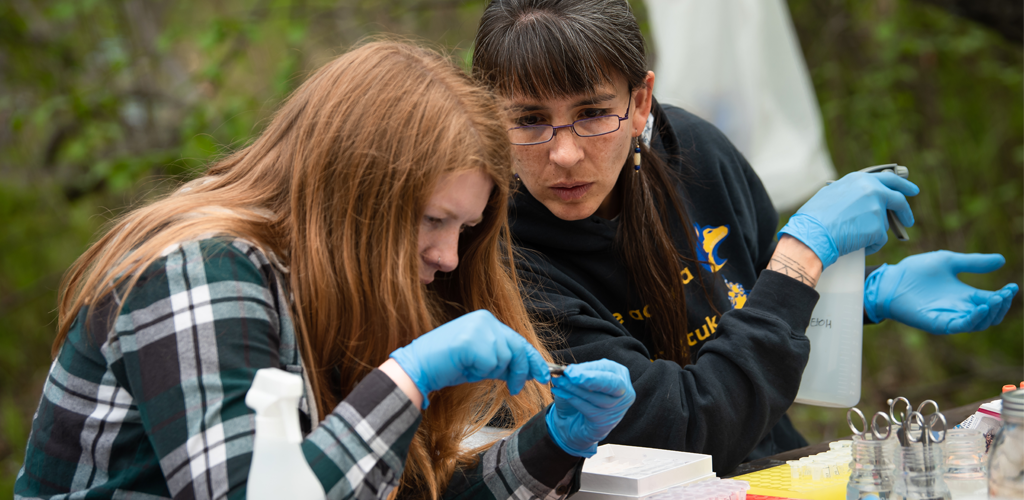
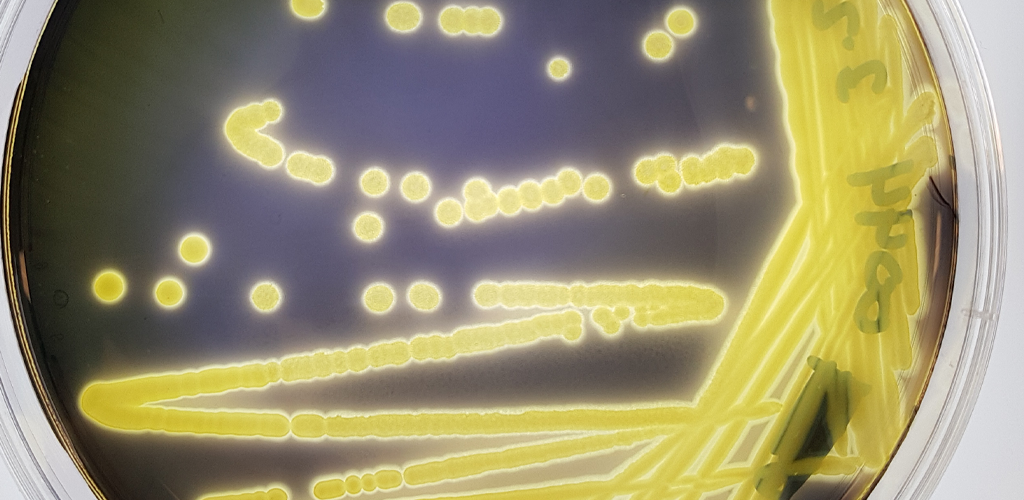

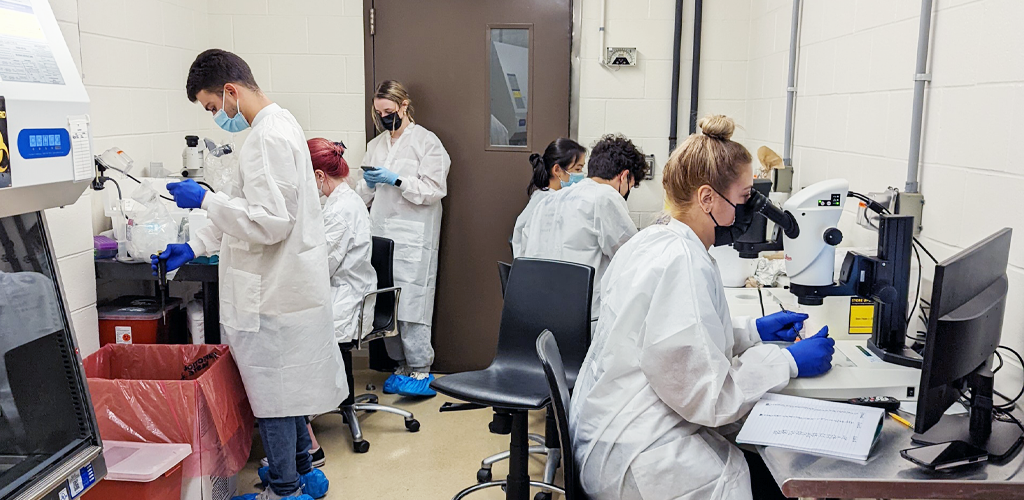
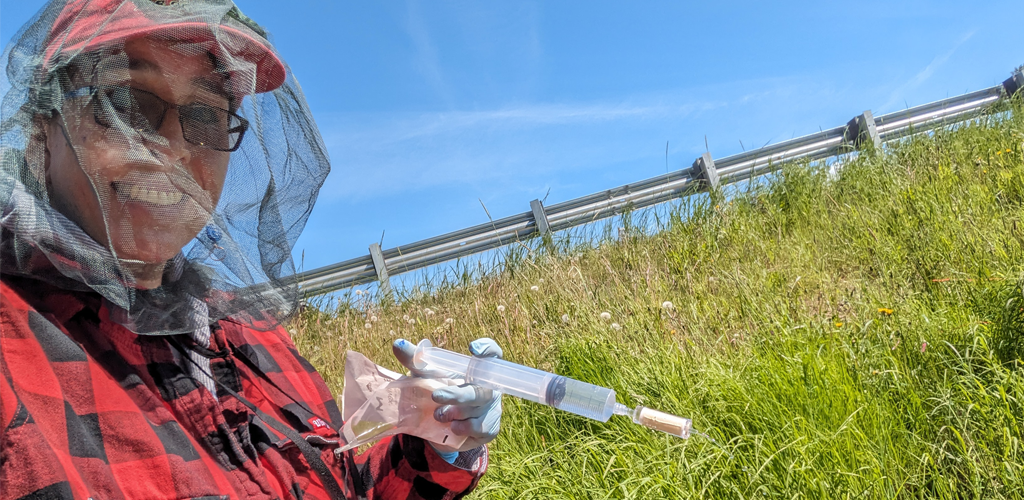
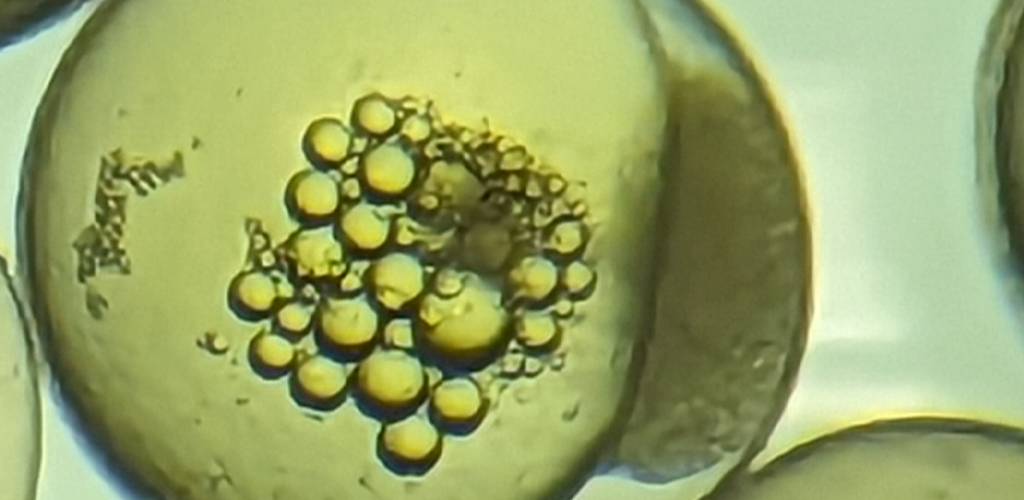
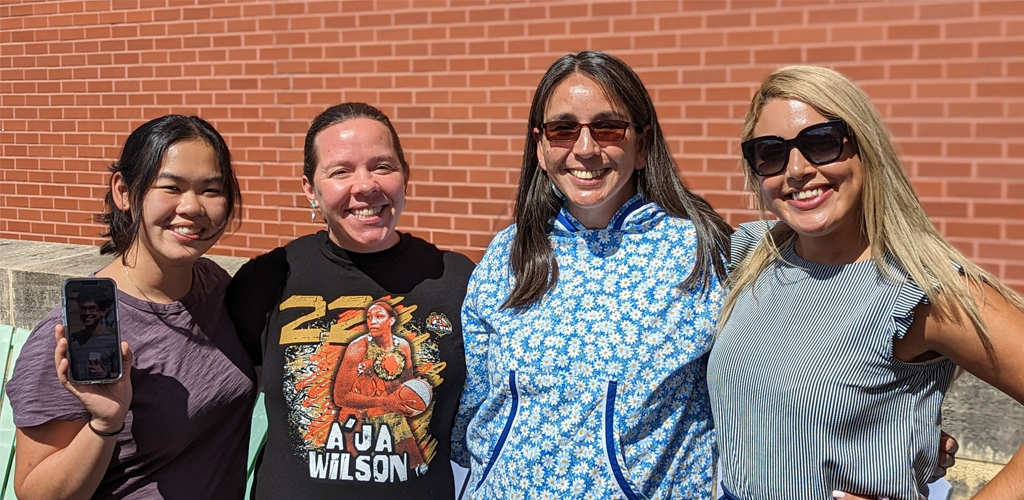

Our lab focuses on how host history and environment contributes to the balance between the host response to microbiota in the gut and intestinal microbial membership. We know that different populations of the same species have different microbiota and respond to the microbiota differently. This likely results from complex interactions between the host developmental and evolutionary history and results in diseases that don't originate from a single gene or host attribute. Animal models that have been inbred to decrease genetic diversity are not ideal for examining the mechanisms that underlie complex diseases. Therefore, we developed the fish threespine stickleback (Gasterosteus aculeatus) as a model to examine how host background influences immune and developmental response to microbiota and gut microbial community membership. We found that distinct populations have different gut microbial communities and vary in their immune responses to microbiota. We use this model to examine mechanisms that are involved in the host immune response to microbiota and microbial community membership, with the hopes that these mechanisms will elucidate to human diseases like inflammatory bowel diseases.
Our lab has 3 primary research areas:
- Identifying microbiota differences between populations
- Determining how different members of the microbiota affect fish development
- Identifying and characterizing microbes that can act as bioremediators against ecotoxicants
Student research opportunities: Dr. Kat is building a diverse research program that incorporates several aspects of host-microbe interactions. We welcome students interested in fields as diverse as bacteriology, immunology, systems biology, bioinformatics, ecology, ecotoxicology, and pathogenic microbiology. Please contact the lab with a statement of which aspect of research you are interested in pursuing and your CV.
Lab News
- Spring 2024 awards and accomplishmentsPosted on July 18, 2024
- Undergraduate Jolie Atwood earns award!Posted on February 23, 2024
- New website goes live!Posted on January 17, 2024
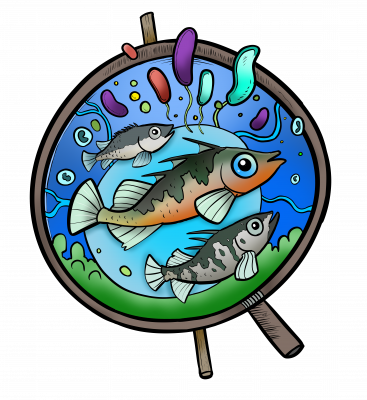
Contact Us
| Phone: | (860) 486-4258 |
|---|---|
| E-mail: | kat dot milligan-mcclellan at uconn dot edu |
| Address: | 91 N. Eagleville Rd - Unit 3125 Storrs, CT 06269 |